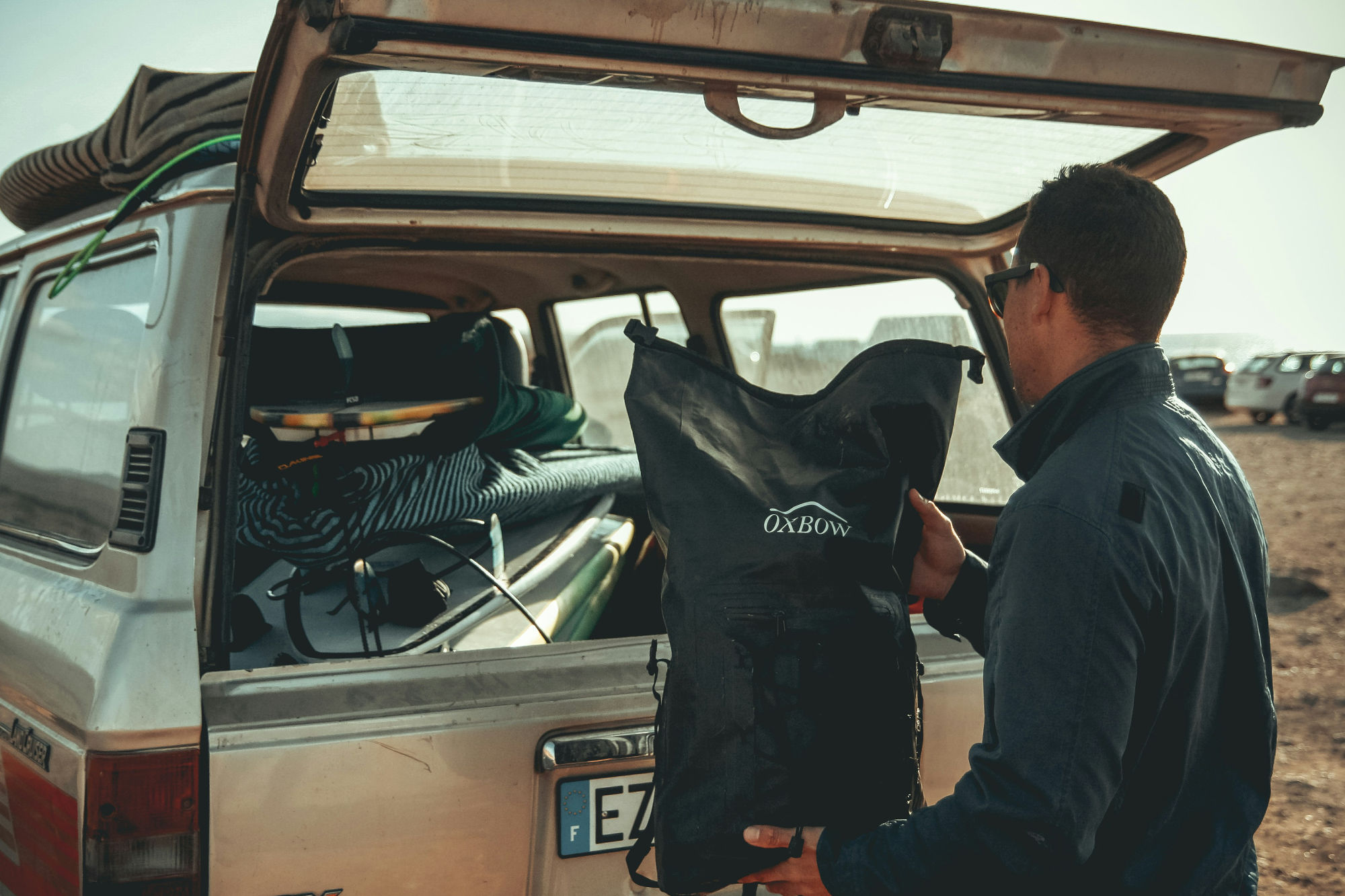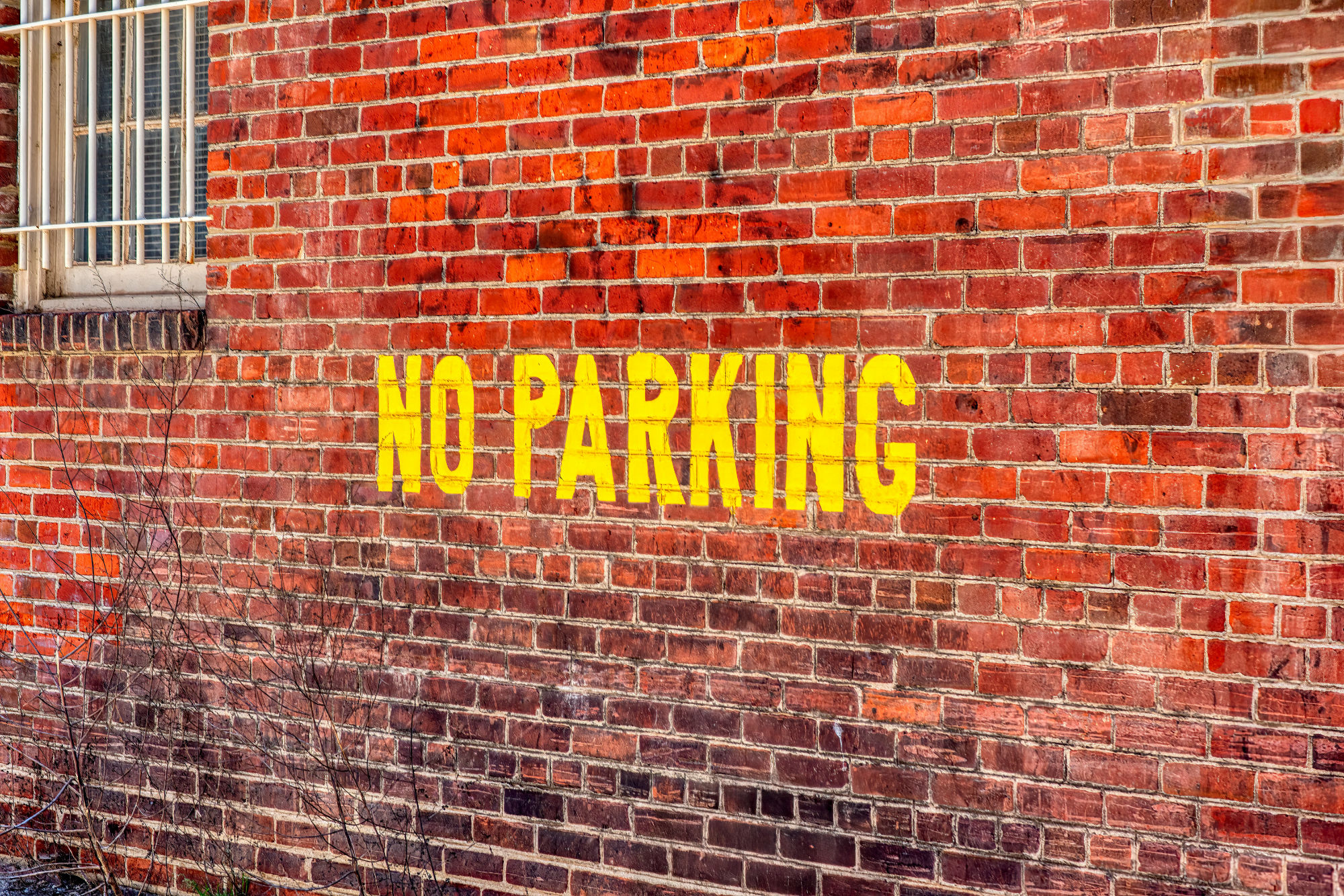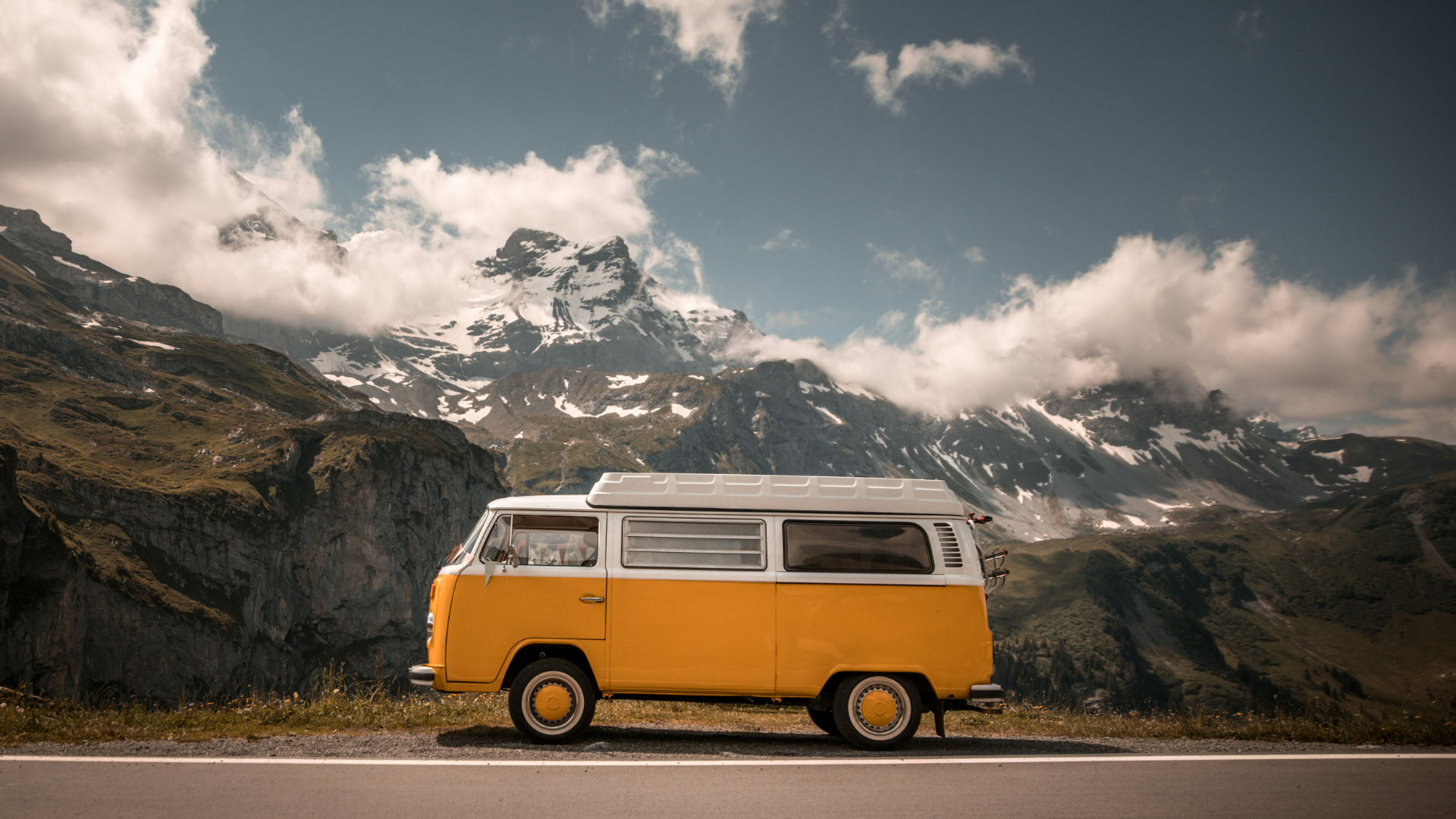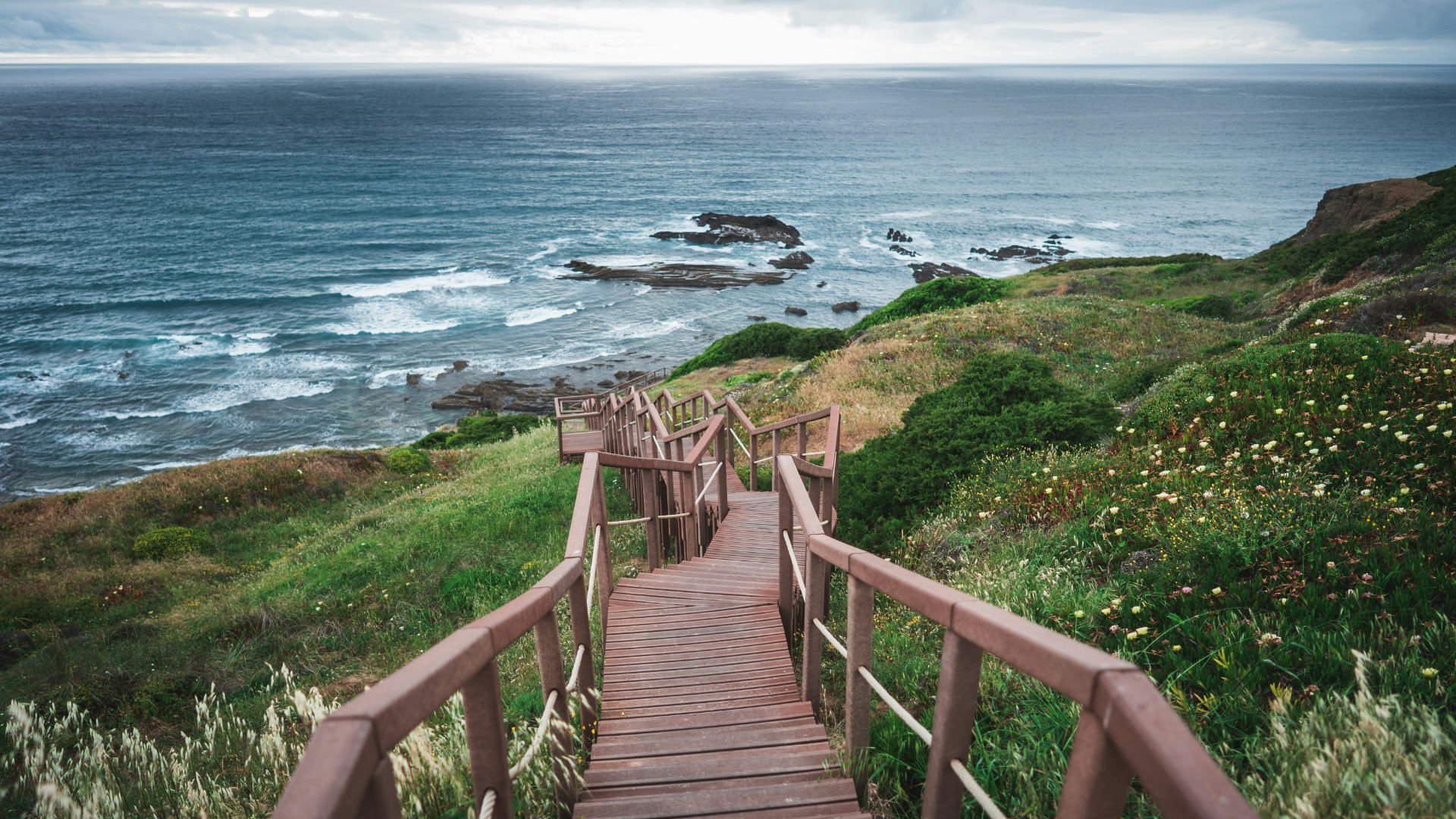What to Pack for a European Road Trip (Must-Have Car Essentials)

Planning a European road trip is exciting—alpine passes, medieval towns, empty country roads, and the freedom to stop for pastries whenever you like. But the fastest way to ruin that freedom is realizing you forgot something obvious. This guide is your long, practical European road trip packing list, focused on must-have car essentials plus smart extras that save time, money, and stress. Use it as your master checklist before you roll out.
1) Documents & admin you need in the glovebox
Paperwork is not glamorous, but it’s the most “essential” of all essentials. Pack these in a waterproof zip pouch and keep them within reach:
Passport/ID card (check the expiry date).
Driver’s license (and an International Driving Permit if your license isn’t recognized in certain countries).
Vehicle registration (or rental agreement + written permission for cross-border travel).
Insurance proof (consider carrying a “Green Card”/international insurance certificate even if not strictly required on your route).
Breakdown cover details and phone numbers.
Travel insurance policy and emergency numbers.
Credit/debit cards (carry at least two from different providers) + a small amount of local cash for parking machines and rural fuel stations.
Toll & vignette receipts (where applicable) and environmental zone stickers if your route needs them.
A printed copy of hotel addresses/confirmations in case the phone dies.
A laminated cheat sheet with your number plates, VIN, and emergency contact numbers.
Pro tip: In the EU, the emergency number is 112. Save it in your phone and memorize it.
2) Safety & “often-required” items for the car
Different countries set different rules, so think in terms of “carry it and you’re covered almost everywhere.” This is the practical baseline:
Warning triangle (some countries expect one per vehicle).
High-visibility vests (ideally one for each seat so every occupant can put one on before exiting the car).
First-aid kit with plasters, sterile dressings, antiseptic wipes, tweezers, burn gel, painkillers, antihistamines.
Spare wheel (or tire repair kit) + jack + lug wrench + locking wheel nut key.
Tire pressure gauge and a compact inflator (12V or battery).
Spare fuses (and spare bulbs where practical).
Headlamp beam deflectors if you’re driving a car designed for the opposite side of the road than the country you’re in.
Fire extinguisher (small, rated for automotive use).
Reflective triangle/LED road flares for extra visibility at night.
Seat-belt cutter & window breaker tool mounted within reach of the driver.
Optional but smart: A compact jump starter pack with USB output. It can save a day’s plans when a battery dies at a remote viewpoint.
3) Breakdown & maintenance mini-kit
A tiny box of tools prevents big delays:
Multitool and basic socket/screwdriver set.
Duct tape, zip ties, and work gloves.
Spare washer fluid (summer and/or winter rating).
Engine oil top-up (the type your car requires).
Coolant compatible with your vehicle.
Microfiber cloths and paper towels.
Windshield squeegee/ice scraper (even in summer, alpine mornings can surprise you).
Torch/flashlight with spare batteries or rechargeable.
4) Power & navigation (keep everything charged and offline-ready)
Navigation and communication are your lifeline:
Phone mount (windscreen or vent) so navigation is visible and hands-free.
2+ charging cables (USB-C and/or Lightning) plus a 12V USB charger.
High-capacity power bank (20,000 mAh or more).
EU plug adapter and a compact power strip for hotel rooms.
Offline maps downloaded in advance (Google Maps/Waze/Apple Maps) for every country on your route.
Paper road atlas as a true backup.
SIM/eSIM with data or roaming enabled before you leave.
Music/podcast playlists downloaded for no-signal stretches.
Toll & parking tech: Check if your route uses electronic tolls or vignettes (e.g., in parts of Central Europe). Consider a toll tag/device if you’ll be using the same networks heavily. Pack a simple blue parking disc where applicable.
5) Comfort, organization & cleanliness
A well-organized car feels bigger and keeps arguments to a minimum:
Seat-back organizers or a small boot crate.
Collapsible cooler (or plug-in 12V cool box) and ice packs.
Reusable water bottles (1 per person) + a 5–10 L water container for refills.
Picnic kit: lightweight bowls, cutlery, cutting board, corkscrew, cloth napkins.
Travel mugs and a thermos for longer days.
Sunglasses, sunshade for the windscreen, and window shades for the back seats.
Blanket or compact travel pillow for naps and impromptu picnics.
Rubbish bags, wet wipes, hand sanitizer, tissues, toilet paper (rural stops happen).
Compact car vacuum (optional but great for sandy beaches and crumbs).
6) Personal health & hygiene
Road trips are easier when you can handle small problems quickly:
Personal medication in original packaging + copies of prescriptions.
Motion sickness remedies if needed.
Sunscreen and lip balm.
Insect repellent (especially in summer lakeside towns).
Travel-size toiletries, microfiber towel, and flip-flops for campsite or hostel showers.
Reusable laundry bag and a small laundry kit (sink stopper + travel detergent).
7) Seasonal add-ons (winter, mountains, heatwaves)
Winter & mountain routes:
Winter or all-season tires appropriate for your route; check local rules and conditions.
Snow chains (and practice fitting them at home).
De-icer spray, anti-freeze washer fluid (-20°C), ice scraper, snow brush.
Shovel (folding), traction mats or sand/grit.
Thermal blanket, hot-hands warmers, extra layers, waterproof boots.
Summer & hot climates:
Extra water, electrolyte tablets, windscreen sunshade.
Spare coolant and UV windshield cover if you’ll park in full sun.
After-sun lotion and a wide-brim hat for long sightseeing days.
8) For families & pets
With kids:
Approved child seats/boosters for every country you’ll drive through.
Window shades, snack boxes, spill-proof cups.
Offline movies/games and headphones.
Travel potty or toilet training seat if appropriate.
Favorite soft toy/blanket to keep bedtime routines familiar.
With pets:
Harness/seatbelt or travel crate (legal in many places; safe everywhere).
EU pet passport and vaccination records if crossing borders.
Collapsible bowls, poop bags, long leash, towel.
Cooling mat for hot days and boot liner to protect interiors.
9) EV-specific road trip kit (if you’re electric)
Driving electric across Europe is very doable with a bit of prep:
Type-2 cable (and Type-3 or adapters only if you know you’ll need them).
RFID charging cards or apps for networks you’ll frequent (e.g., Shell Recharge, Elli, Ionity, Plugsurfing—pick a couple that cover your route).
Portable EVSE/granny charger only if permitted where you’ll stay; never trail cables where unsafe.
Route planning app with live availability and charger power filters.
Thermal window shade and cabin pre-conditioning know-how to preserve range in extreme heat/cold.
10) Security & theft prevention
Europe is generally safe, but big cities have opportunists:
Out-of-sight policy: never leave valuables visible. Use a soft blackout boot cover.
Steering wheel lock (visible deterrent).
OBD port lock if you’ll park long-term in large cities.
Hotel room cable lock for laptops/tablets.
Copies of documents stored separately from the originals.
AirTag/Tile hidden in luggage for peace of mind.
11) Food & drink that actually travel well
Stay fueled and avoid overpriced motorway traps:
High-protein snacks: nuts, jerky, cheese, hard-boiled eggs.
Slow-release carbs: oat bars, crackers, bananas, apples.
Fresh produce that doesn’t bruise easily: carrots, cucumbers, cherry tomatoes.
Condiments in mini bottles: olive oil, vinegar, salt/pepper.
Local market kit: a small paring knife with sheath and a folding picnic knife/fork/spoon.
12) Money-savers & fine-avoiders
Plan fuel stops away from motorway service areas—prices drop off the highway.
Keep coins for parking meters and older toll booths.
Know your environmental zones (e.g., city low-emission zones) and buy the sticker or registration if your route needs it.
Store vignettes/receipts and toll tickets until you’ve cleared the network.
Place safety gear (vests, triangle) within reach, not buried in the boot.
Check speed limits when a country border or road type changes; use the nav’s speed warning to avoid accidental fines.
13) The one-minute pre-departure check (every morning)
Before you drive off each day:
Walk around the car: no nails in tires, nothing leaking, nothing left on the roof.
Check tire pressures if temperatures changed a lot overnight.
Clean the windscreen and cameras/sensors.
Top up washer fluid if you used a lot the day before.
Confirm day’s route is downloaded for offline use.
Put snacks, water, sunglasses, and toll card within reach.
Do a quick document check (passport, wallet, keys).
14) Printable master checklist (copy/paste)
Documents: passport/ID, license + IDP (if needed), vehicle registration/rental papers, insurance proof/Green Card, breakdown cover, travel insurance, hotel confirmations, toll/vignette proofs, environmental stickers/registrations, spare cash/cards.
Safety/legal: warning triangle, hi-vis vests (1 per seat), first-aid kit, spare wheel/repair kit + jack + tools, tire gauge & inflator, spare fuses/bulbs, beam deflectors (if applicable), fire extinguisher, seat-belt cutter/window breaker, LED road flare.
Tools/maintenance: multitool, small tool kit, duct tape, zip ties, gloves, washer fluid, engine oil, coolant, microfiber cloths, paper towels, flashlight, ice scraper/squeegee.
Power & nav: phone mount, charging cables, 12V USB charger, power bank, EU plug adapter + compact power strip, offline maps, paper atlas, SIM/eSIM, playlists.
Comfort & organization: boot crate, seat-back organizers, cooler/ice packs, reusable bottles + large water container, picnic kit, thermos, sunglasses, sunshade, blanket/pillow, rubbish bags, wet wipes, sanitizer, tissues, TP, mini vacuum (optional).
Health & hygiene: personal meds + prescriptions, motion sickness tabs, sunscreen, lip balm, insect repellent, toiletries, microfiber towel, laundry kit.
Seasonal (winter): winter tires, snow chains, de-icer, winter washer fluid, shovel, traction mats, thermal blanket, warm layers/boots.
Seasonal (summer): extra water, electrolytes, UV shade, spare coolant, after-sun.
Families & pets: approved child seats, window shades, snacks, offline entertainment + headphones, favorite comfort item; pet harness/crate, EU pet passport, bowls, bags, towel.
EV extras: Type-2 cable, RFID/app access for chargers, portable EVSE (only if allowed), route planner app.
Security: steering lock, OBD lock, cable lock for laptops, copies of documents, tracking tags in luggage.
Final thought
A great European road trip packing list balances legal must-haves, breakdown essentials, and a few comfort extras that make the journey feel effortless. If you pack the safety basics (triangle, vests, first-aid), the right documents, and a simple tool and power kit, you can handle 95% of surprises with a smile—and stop for more pastries on the way.
Have an amazing trip. And if you’d like, tell me your route and season—I can tailor this checklist to specific countries (tolls, vignettes, winter rules, and environmental zones) so you’re perfectly prepped for the roads ahead.


